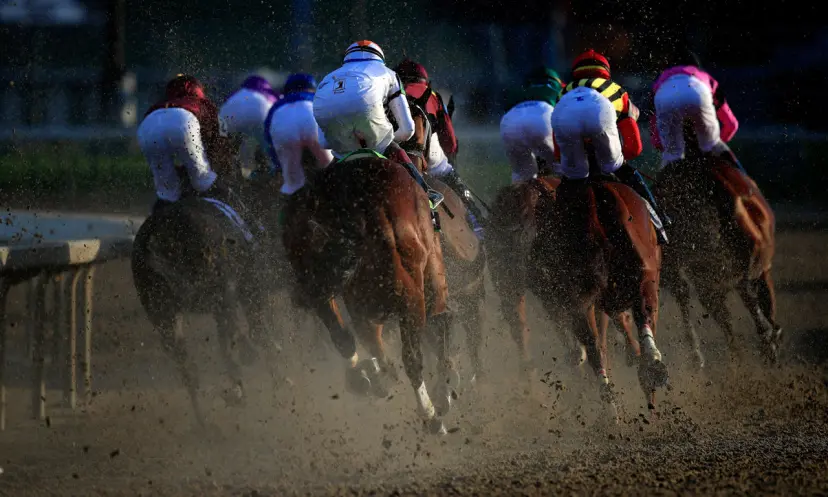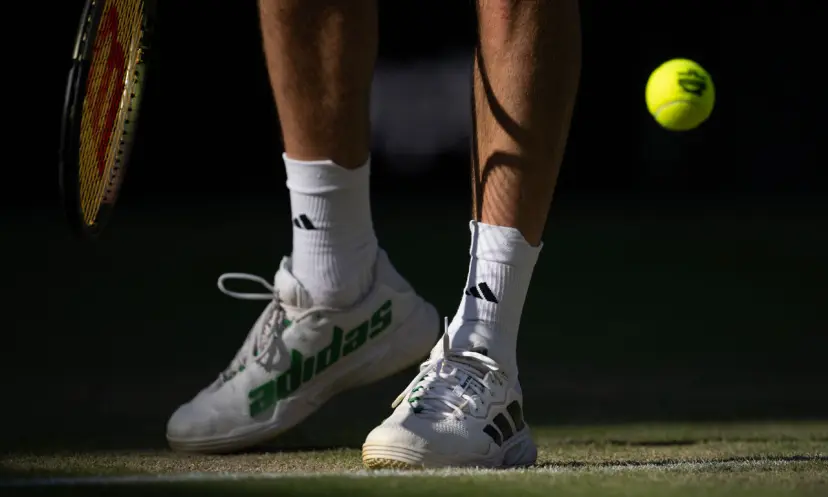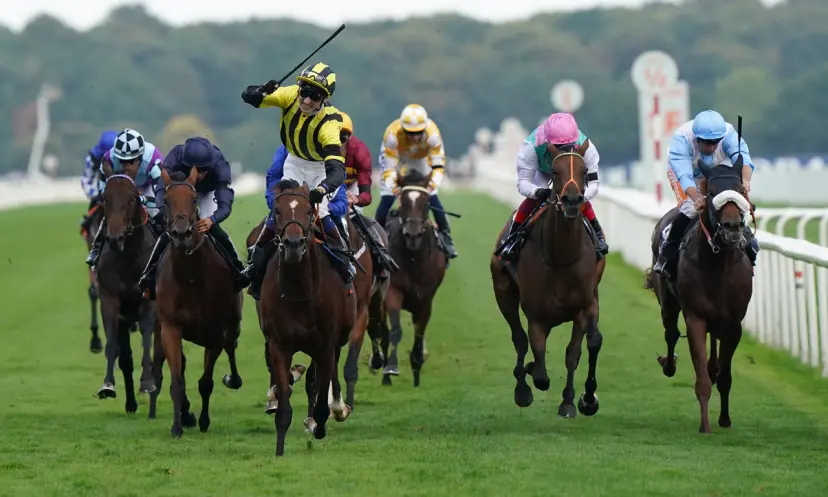A guide to the Winter Olympics 2022
Published: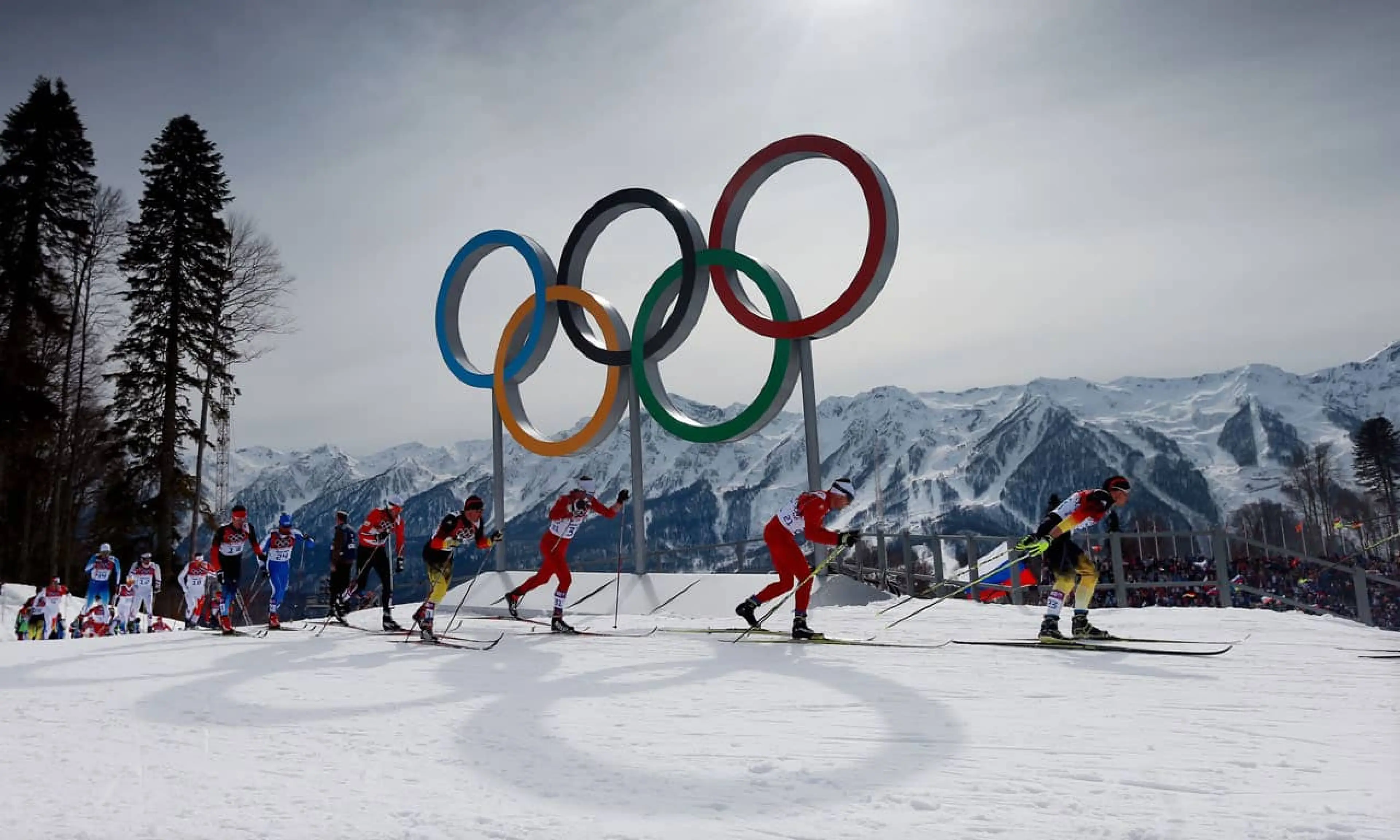
The countdown is on to the start of the Winter Olympics 2022 so we have pulled together an in-depth guide to all you need to know about the Beijing Games.
When are the Winter Olympics 2022?
The 2022 Winter Olympics are scheduled to take place from February 4-20 in Beijing, China.
The opening ceremony takes place on February but some events begin slightly earlier like curling, which starts on February 2.
Those who tune in earlier will not see any medals given out though, with the first batch due to be awarded on the day after the games officially open.
What sports are played at the Winter Olympics?
In total there are 109 separate events at the Winter Olympics 2022 – a new record high – spread across a total of 15 disciplines and covering seven different sports.
Skiing accounts for just over half of the total number of events with 55, spread across six disciplines.
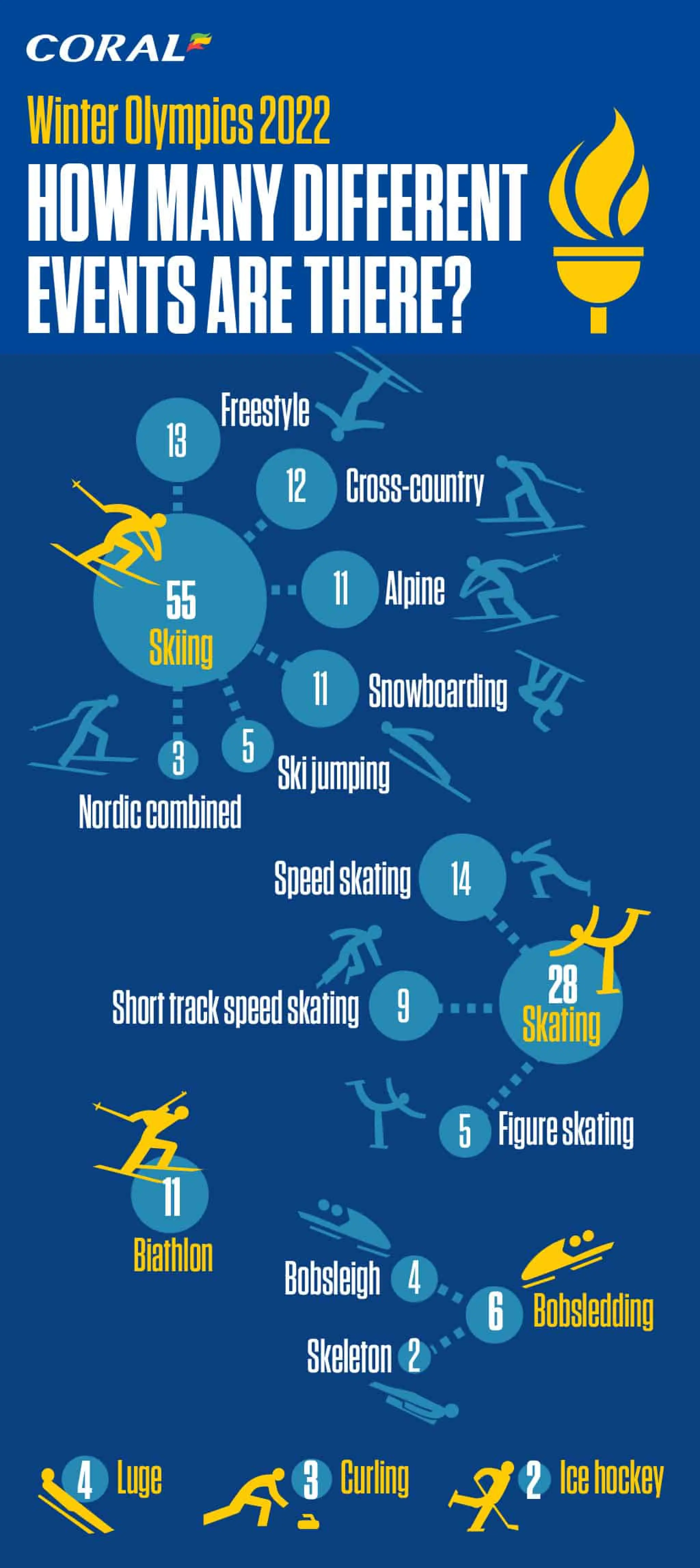
A further 28 events are variations on skating, which is split into three disciplines. The remaining events cover biathlon (11), bobsledding (6), luge (4), curling (3) and ice hockey (2).
Who will win the most medals at the Winter Olympics 2022?
We can track the most successful nations at the Winter Olympics by looking at the percentage of medals that each country wins. This is more accurate than just counting their medal totals as the number of events tends to increase over time.
Looking back across the previous five Winter Olympic Games, the United States have taken the largest share of medals with 11.2%, narrowly edging out Germany with 11.0%. The dominance of both nations has declined recently though, with them winning a smaller share of medals in each of the last two Games than the previous three.
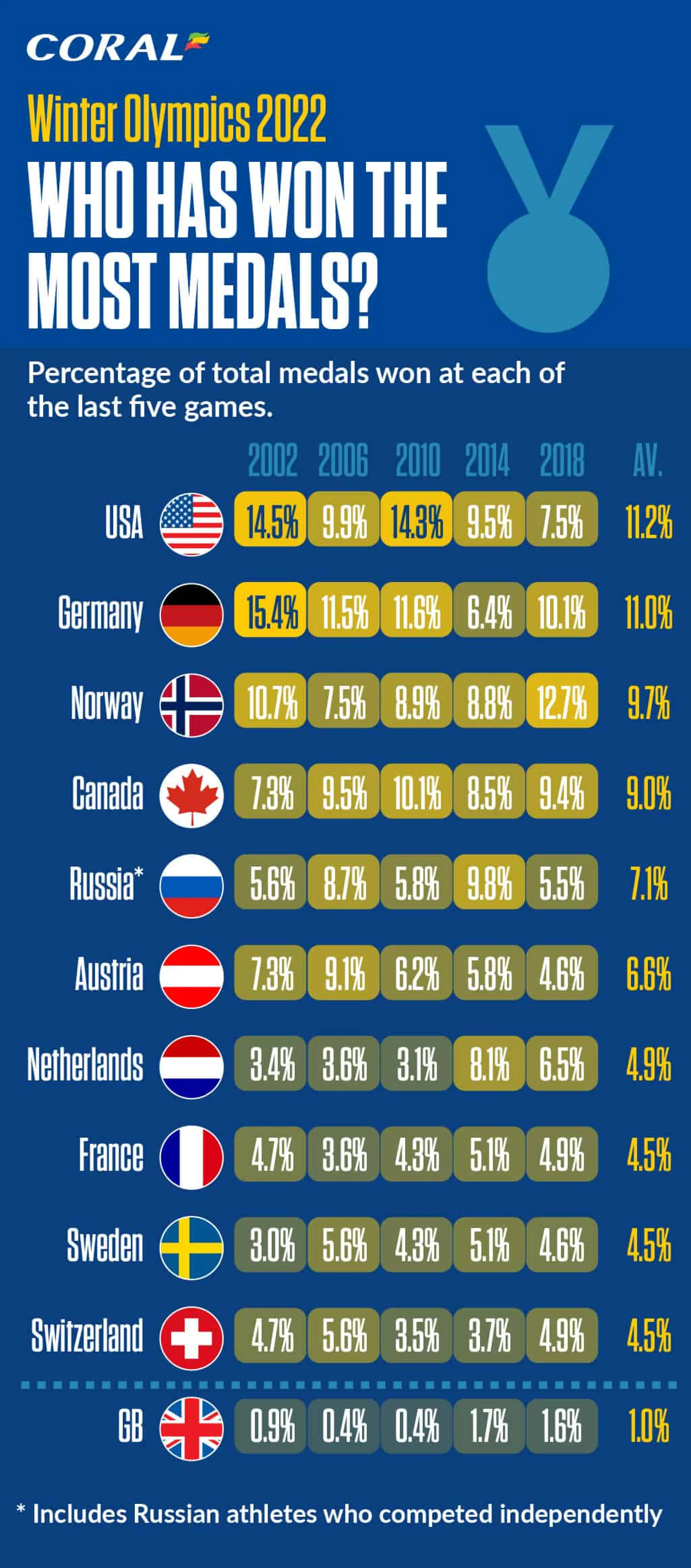
At the last Games in 2018, more than one in every eight medals went to a Norwegian athlete. Norway won the highest share of medals with 12.7% – compared to 10.1% for Germany and just 7.5% for the USA – and they are widely fancied to top the table again this time around.
Great Britain tends not to fare as well in the Winter Games as its summer counterpart, having won an average of just one in every 100 available medals over the last 20 years.
Who will win the most gold medals at the Winter Olympics?
Focusing just on gold medals, which are the primary determinant of rank in the medal table, we find that Germany have taken 12.3% of all gold medals available over the last two decades.
While they finished behind Norway in 2018 – both nations tied on 14 golds but the Germans managed four fewer silvers – the poor Norwegian performance in 2006 counts against them here.
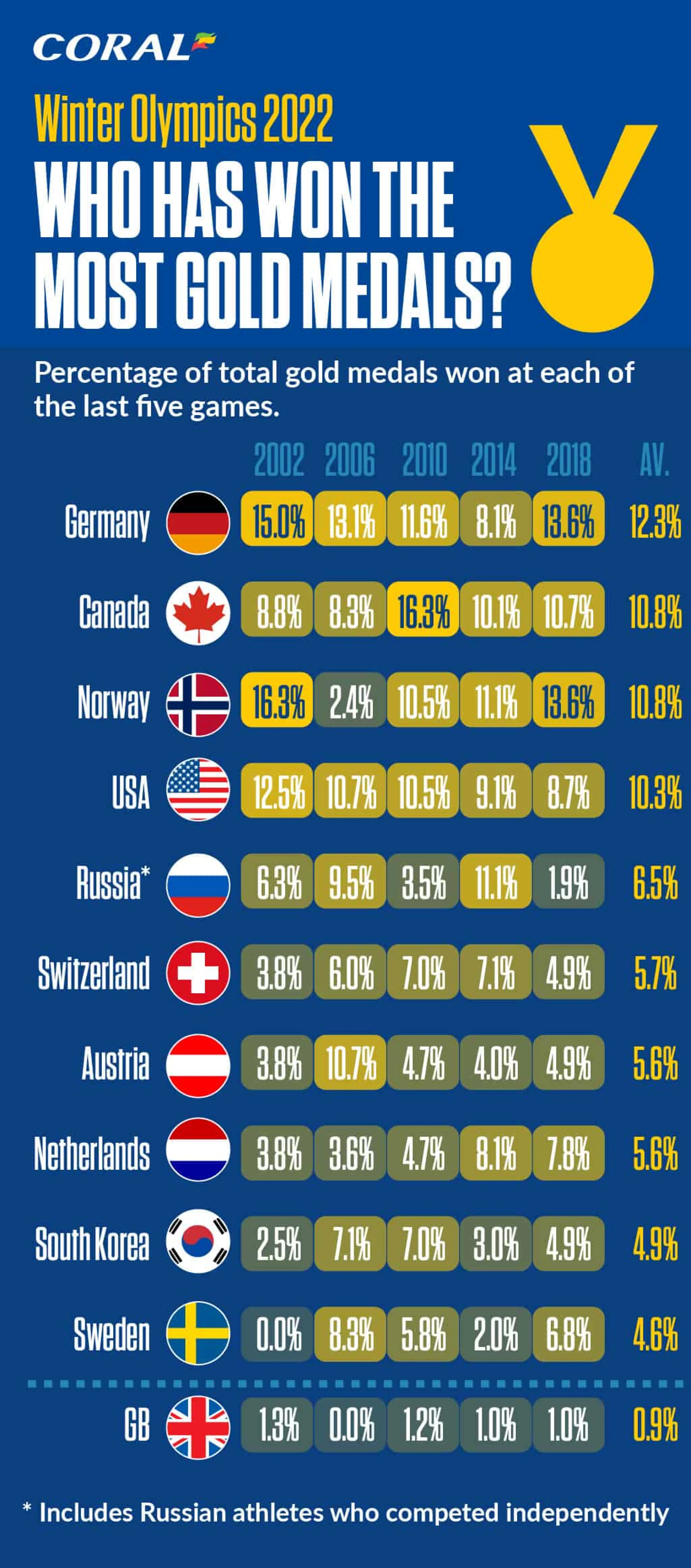
While Canada’s overall share of medals ranks fourth at just 9.0%, their share of golds is a more impressive 10.8% – tied with Norway and above their larger neighbours the USA. Canadian and Norwegian athletes collectively claimed at least 10% of all golds at each of the last three Winter Games so should fare well again in 2022.
Which nations are best at specific disciplines?
The variety of sports contested at the Winter Olympics means that no one nation will be equally strong across every discipline.
We have broken down every medal earned in the last five Games by the 10 highest-ranked nations in 2018 to see where their specialities lie.
While 2018 hosts South Korea are heavily dependent on the two speed skating disciplines for medals, their reliance pales in comparison to the Netherlands.
Only one Dutch athlete has won a medal for something besides either speed skating or short-track speed skating in the last two decades: Nicolien Sauerbreij’s snowboarding gold in the parallel giant slalom back in 2010.
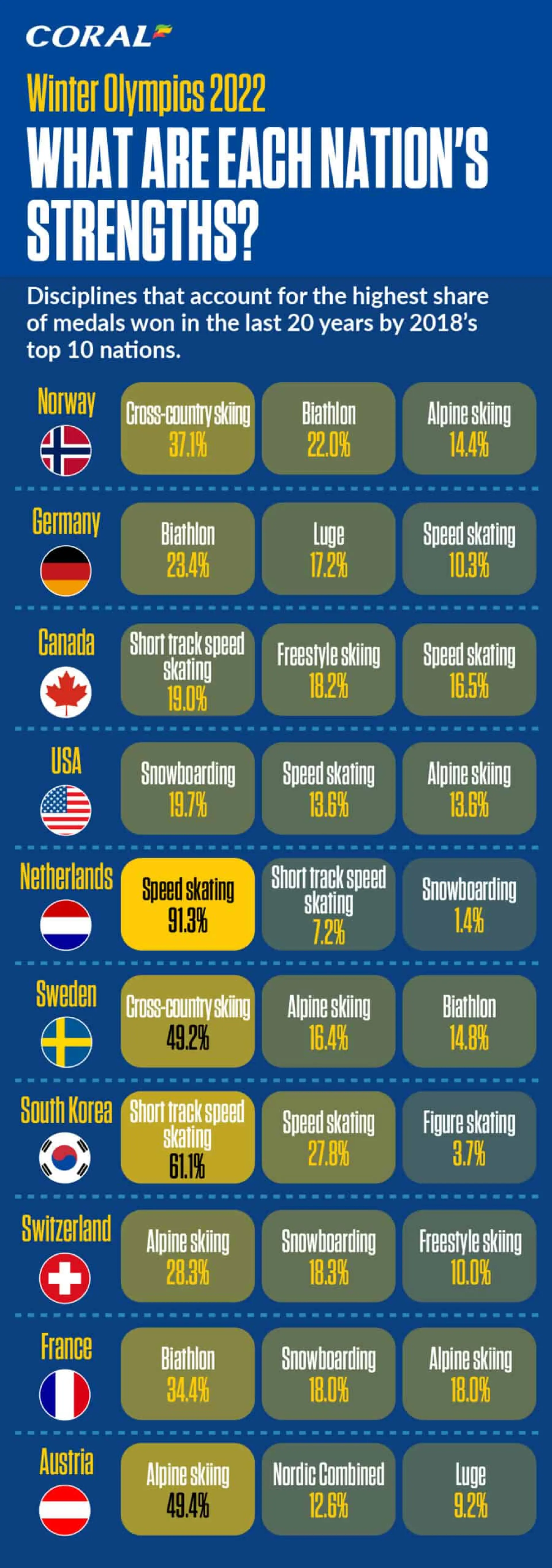
Austria meanwhile have earned nearly half of their medals across the last five Winter Games from a single discipline: alpine skiing. These events are clearly much easier to master when your country contains a chunk of the Alps themselves, with fellow Alpine nation Switzerland also gaining their highest proportion of medals from this type of skiing.
The other nation reliant on a single discipline for nearly half of their medals in this period is Sweden, where the population’s necessary familiarity with cross-country skiing makes this a significant strength at the Winter Olympics.
How could the medal table change during the Games?
Another consequence of the competing nations’ sporting specialties is that the scheduling of the various medal events will see the order of the medal table change from day to day.
For example, if each nation were to win gold medals in the same events as they did four years ago, then we would probably see the Netherlands peak early. The Dutch won seven of their eight gold medals in 2018 from speed skating events and half of that tally came from events that are scheduled for the first four days of the Winter Olympics 2022.
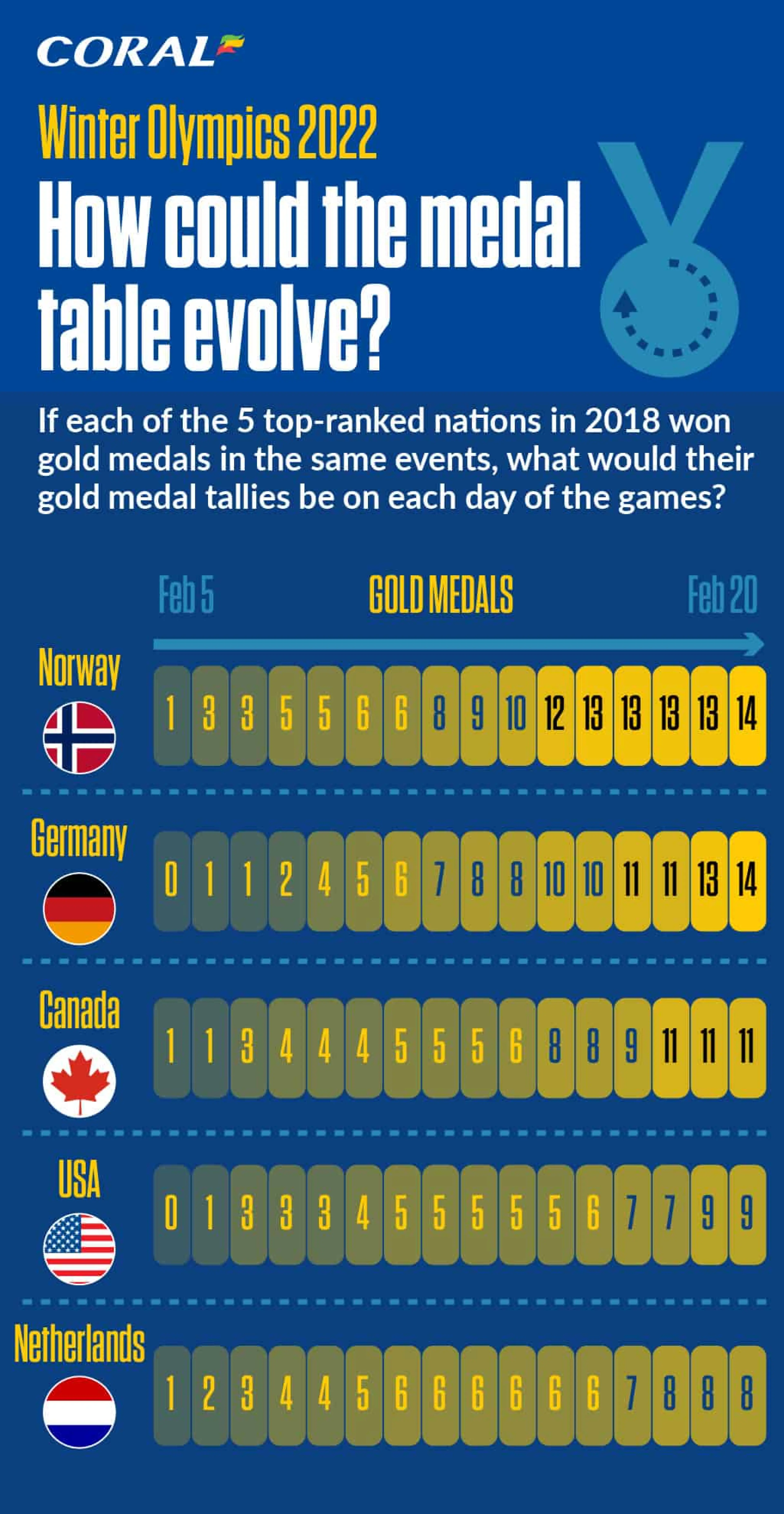
Meanwhile Germany’s medal total may rise more slowly to begin with, as just two of their 14 gold medals in 2018 were won in events scheduled for the first four days this time around.
If they need to reel in Norway at the top of the table once again then this could cause some late drama. If the Norwegians were to win the exact same gold medals as last time then their tally would only increase by one during the final five days of the Games.
How many medals will Great Britain win at the Winter Olympics?
After taking five medals home from each of the last two Winter Olympics, Team GB is targeting a similar haul in 2022. However, only one of those 10 medals – a silver in the men’s curling in 2014 – was earned in an event that British athletes have qualified for this time around.
Of the six disciplines that British athletes will be contesting in Beijing, three have never yielded a medal and another just a solitary bronze.
However, Alpine skier Dave Ryding came ninth in the men’s slalom in 2018 while his cross-country compatriot Andrew Musgrave ranked seventh in the men’s skiathlon, so it would not take huge improvements for either to secure a medal.
The remaining two are the aforementioned curling and also figure skating. Great Britain does have an impressive tally of 15 medals to its name in the latter discipline, but the most recent of these was the bronze earned by Jayne Torvill and Christopher Dean way back in 1994.
Overall it would be a surprise for Team GB to enjoy much success at the Winter Olympics 2022 and even replicating their recent medal tallies may be a tall order.

